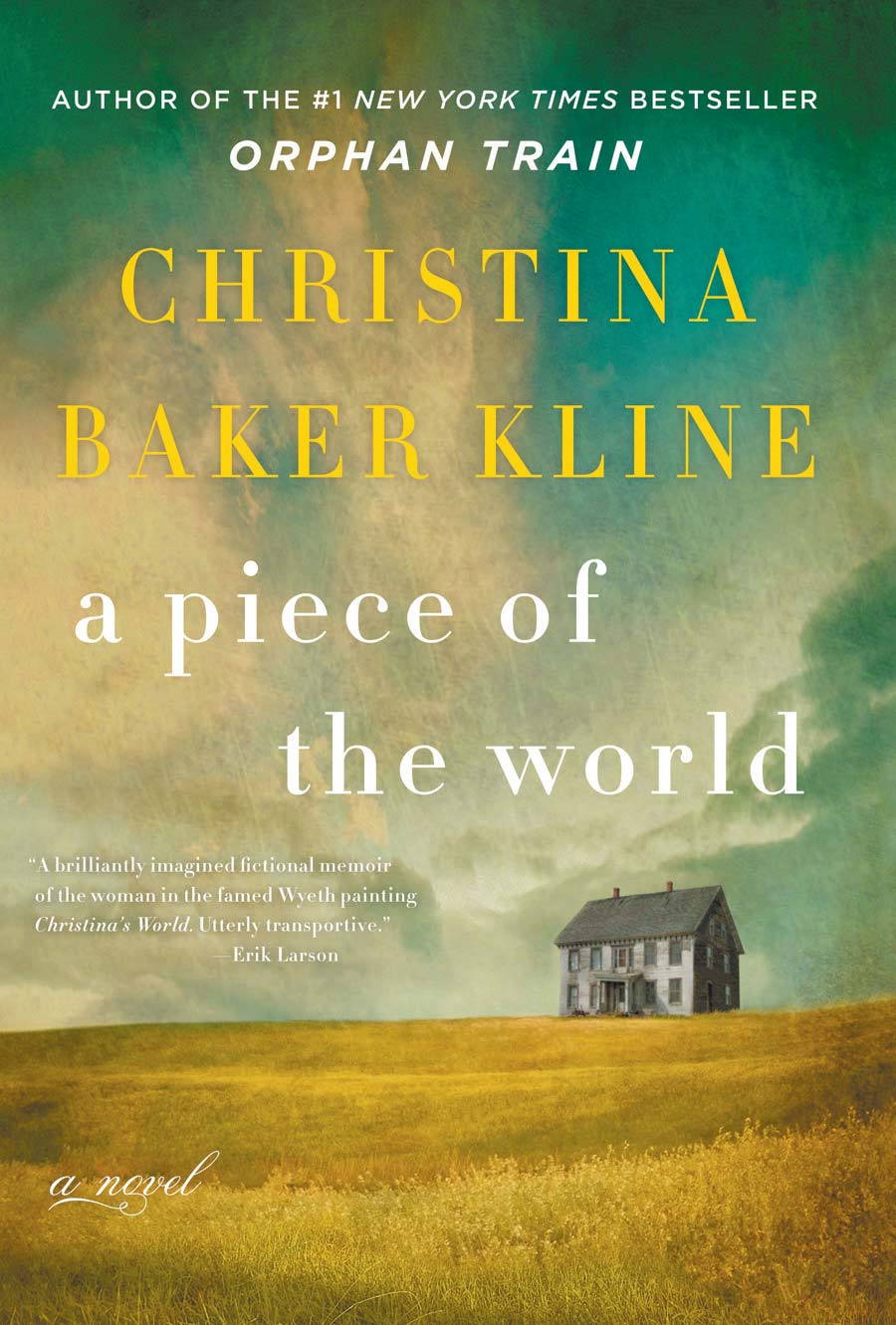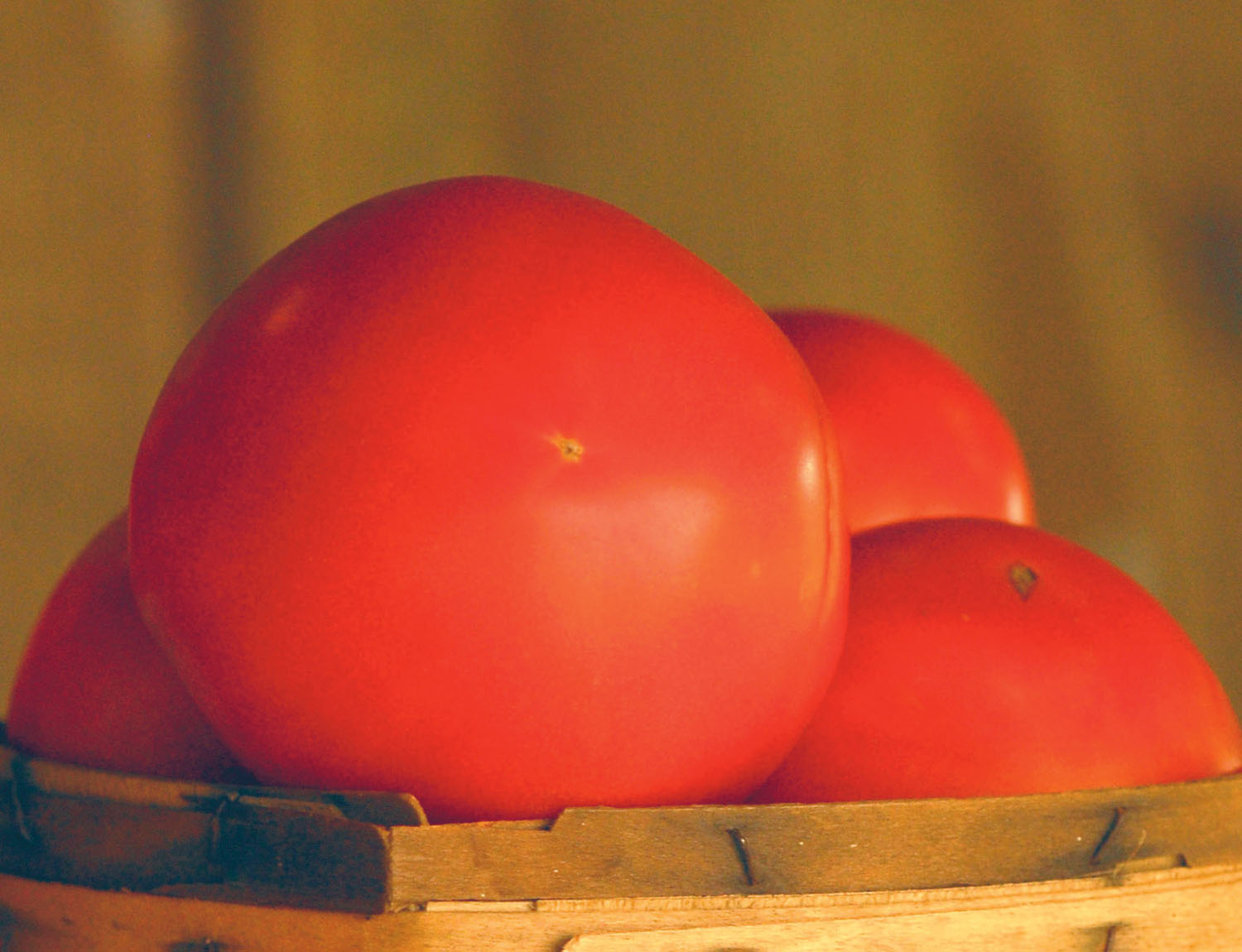A Suitcase of Tomatoes
My father’s mother grew up on the side of a mountain in northern Alabama. Quite literally dirt poor, my grandmother, Ethel, lived with her parents, two brothers and three sisters in a tarpaper shack with no electricity or running water. They raised chickens for eggs and meat, and made their own clothes out of flour sacks.
When my grandmother talked about those days she didn’t focus on the hardship, except to say that the life they led made people old before their time. Instead, she told stories about her brothers’ rascally humor and her mother’s determination to keep everyone fed and clothed. She talked about the large garden she planted and tended with her sisters, filled with corn, cucumbers, watermelon, okra and tomatoes.
“We didn’t have a lot,” she said. “But we did have tomatoes.”
My grandmother told me these stories about her life while I was sitting at her white-speckled Formica table in the cheery, spotless kitchen of the ranch house she’d earned as a hosiery repair worker at a woolen mill in north Georgia. As I remember it, she was always standing behind the counter, making dinner with ingredients from the large garden she cultivated just beyond the sliding-glass door. I never saw her use a recipe. The food she prepared nearly every day of her life was the food she’d learned to make on Sand Mountain: slow-cooked green beans with ham, creamed corn, cornmeal-fried okra, chicken and dumplings. And tomatoes: thick, unevenly rounded slices—deep red, dense as melon—that you sprinkled with salt and pepper and cut with a knife and fork, so mild and buttery they practically melted on your tongue.
Packed lovingly in
newspaper, these
tomatoes, improbably
large and ripe, were a
visual reminder of all
we’d left behind.
When my father moved his fledgling family to Maine from the South in 1970, we were in for a rude culinary shock. Okra was impossible to get; nobody made chicken and dumplings. Even worse, the only tomatoes you could find came embalmed in cellophane—three uniform orbs, barely tinged pink, as bland and spongy as packing peanuts.
My grandmother only visited us a few times before she died. She found Maine too far, too cold, its customs altogether too foreign. I remember family trips to the coast where she would stand tentatively on the rocks, stepping gingerly over seaweed, sniffing the air. But most vivid is the memory of my father bringing her home from the airport to our Victorian fixer-upper with her two matching suitcases, one large and one small. The small one contained her clothing for the week, a tidy collection of mix-and-match polyester pantsuits. The large one was filled with tomatoes.
Packed lovingly in newspaper, these tomatoes, improbably large and ripe, were a visual reminder of all we’d left behind when we moved north. They evoked longings we’d tried to suppress: for the fertile black soil, the hot sun, culinary customs impossible to sustain in this new place. Even more, the suitcase filled with tomatoes reminded us that we came from a tradition of simplicity and resourcefulness—the kind of self-reliance that had allowed my grandmother’s poor family of eight, with no money and few possessions, to thrive on the side of a mountain in Alabama.
Years later, after moving to New Jersey as an adult, I wrote a novel called The Way Life Should Be about a half-Irish, half-Italian woman named Angela Russo who, among other things, teaches a cooking class. Angela’s grandmother, whom she calls Nonna, was born and raised in Basilicata, in southern Italy. She’s a scrappy, salty-tongued matriarch who grew up poor—her village, Matera, was known as a place of cucina povera, the cuisine of poverty—and learned to make the most of what she had. I realize now that at the heart of that novel is my relationship with my own grandmother. Nonna passes on to her granddaughter an intuitive approach to cooking and a reverence for fresh ingredients. “Nonna doesn’t use recipes,” I write in the novel. “She cooks by feel, by touch and taste and sight.”
And what does she cook? Tomatoes, of course. Served on a plate with fresh mozzarella and basil, drizzled with olive oil and a splash of balsamic; diced and slow-simmered into sauce; a main ingredient in dozens of soups and stews. Like my own grandmother, Nonna serves tomatoes fresh all summer and cans them at the end of the season. In the strange alchemy of storytelling, these two grandmothers, one real and one fictional, separated by continents and cultures, time and space, intertwined in my head—yielding a deeper understanding of my own family traditions than I could have imagined.

Christina Baker Kline is a best-selling author who lives in Montclair. Her most recent book, A Piece of the World [William Morrow, 2017], was released this year to wide acclaim. The book was inspired by Andrew Wyeth’s iconic painting, Christina’s World, and imagines the life of the woman in the painting. Kline, a Yale graduate who meticulously researched the era and the artist, offers an unsparing look at the hardscrabble life in a coastal town in Maine, and the book offers a vivid rendering of the complicated relationship between artist and muse. Kline is the author of seven novels, including the 2013 runaway best-seller Orphan Train, the story of an Irish immigrant girl sent from New York to the Midwest to an uncertain destiny. This year, Kline is engaged in an energetic author tour, including a stop in Ocean City, NJ this October. (Wyeth was born in 1917, and Kline has been the focus of many centennial celebrations.) And, if you’re in Montclair, you might spot Kline at any number of neighborhood coffee shops. She’s already at work on her next book, set in Australia. Kline scribbles out the first draft of her novels longhand, on legal tablets. A complete schedule of events is available on her website, christinabakerkline.com. —TP





